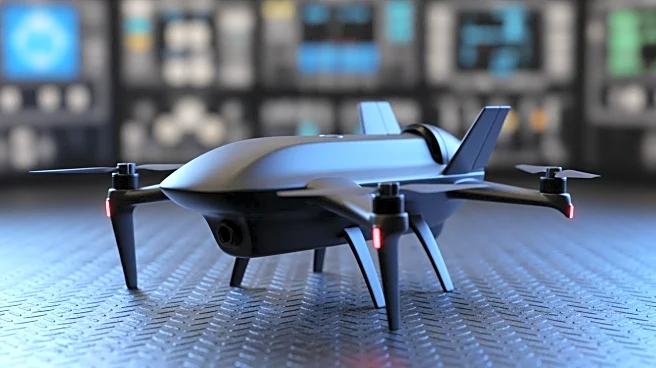Rapid Read • 9 min read
The internal auditing profession is undergoing significant changes due to the rapid adoption of artificial intelligence (AI). AI is reshaping industries and workflows, posing a challenge to internal auditors who have traditionally been seen as guardians of organizational trust and risk assurance. The profession is now confronted with the need to evolve quickly to remain relevant in the face of intelligent automation. A recent Wall Street Journal article highlighted how AI is altering the job market for college graduates, changing the definition of entry-level jobs. Graduates now need to demonstrate skills that AI cannot replicate, such as critical thinking, relationship acumen, intellectual curiosity, empathy, and ethical resilience. These skills are becoming essential for new entrants to the job market, particularly in fields like internal auditing.
AD
The rise of AI in the workplace has significant implications for the U.S. job market, particularly for new graduates entering the workforce. As AI takes over routine tasks, the demand for human skills that machines cannot replicate becomes more pronounced. This shift could lead to a reevaluation of educational curricula and professional training programs to better prepare graduates for an AI-driven world. For the internal auditing profession, this means a potential shift in hiring practices and a need to emphasize the unique human skills that set auditors apart from AI. Organizations may need to invest in training and development to ensure their workforce can adapt to these changes, impacting business strategies and workforce planning.
The Institute of Internal Auditors' Vision 2035 report has identified attracting and retaining new talent as a key goal for the coming decade. The report highlights the need for educational institutions and the auditing profession to adapt by providing graduates with advanced skills that align with the demands of an AI-driven job market. This may involve enhancing networking opportunities and increasing awareness of the profession among students. As AI continues to influence hiring practices, internal audit leaders may face pressure to leverage AI for efficiency, while also ensuring that new talent possesses the necessary human skills to complement technological advancements.
The integration of AI into the workforce raises ethical and cultural questions about the future of work and the role of human skills in an increasingly automated world. The internal auditing profession, like many others, must navigate these challenges by balancing the benefits of AI with the need to preserve the human elements that are critical to effective auditing. This may involve redefining the value proposition of internal auditors and ensuring that ethical considerations remain at the forefront of AI adoption in the workplace.
AD
More Stories You Might Enjoy










